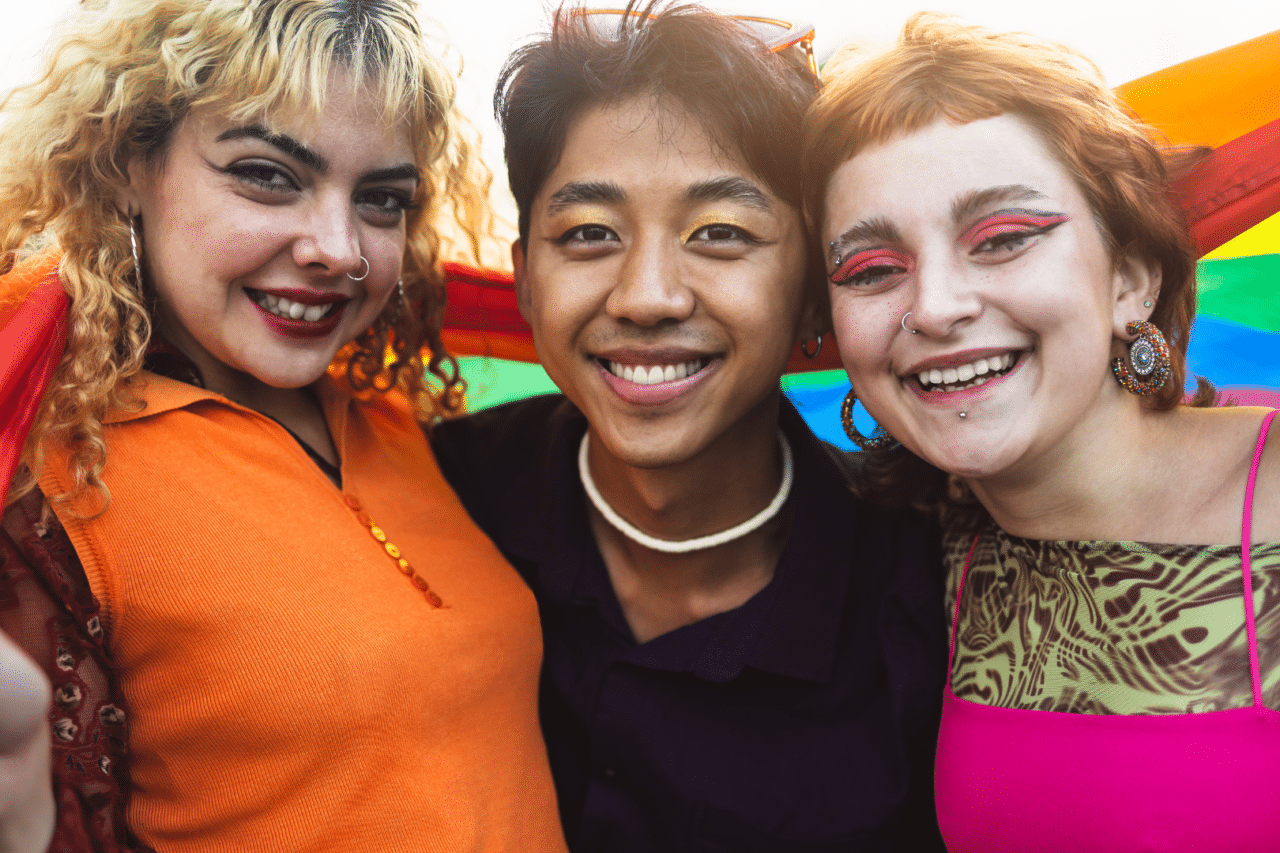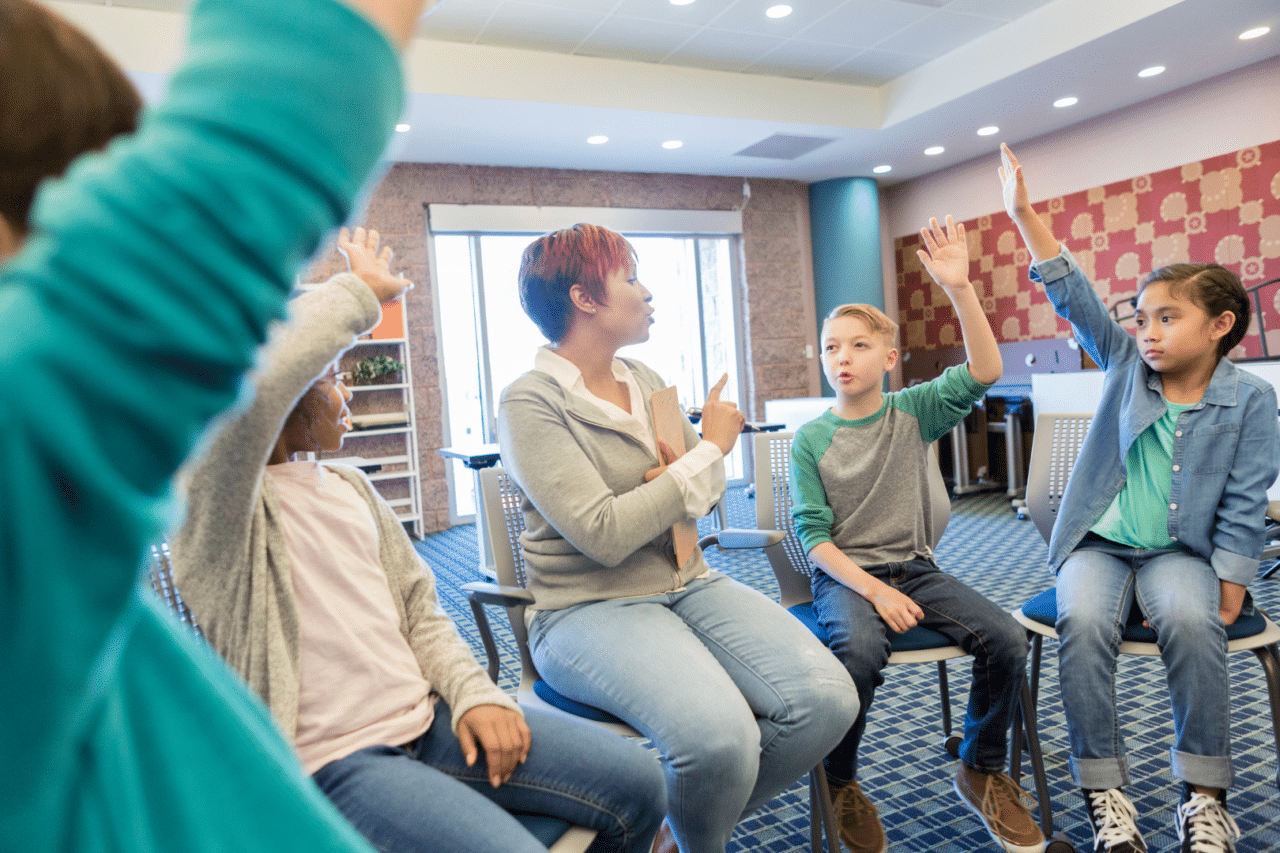Centering Love During Foster Care Month
Centering Love During Foster Care Month

Since 1988, Foster Care Month has happened every May, full of Presidential Proclamations, Gubernatorial Tributes, Capitol Hill briefings, and a plethora of other events. This month is set aside to celebrate those with foster care experience and to shine a light on the lives they live, the issues they face, and understand how we can better support them and improve the foster care system.
It is easy to get caught up in all of the things that can seem somewhat glamorous about the month, but I urge everyone who has touched the system, whether through lived experience, being a worker within it, or being a family that has taken up the calling of being a foster or resource family, to see through all of that.
I often find that we forget to focus and center on the most important thing during this month of celebration and that’s love. Love for the youth that has experienced foster care and the lives they live.
Oftentimes as we celebrate youth with experience in foster care, we are celebrating the trials and tribulations they’ve overcome or we’re lifting up the help that the population needs. This all too easily becomes the narrative of the month. We need to move away from this and center the love that they need and the love that may or may not have been found while in the system.
But the question can arise of how do we center love? What does that look like? For those that work in the system as caseworkers or similarly, you center love for those in the foster care system, by simply listening to what we want. Loving someone is to hear them and to act on what they say even if it isn’t what you’re expecting, and it goes against what you think they need. Loving someone is putting their desires ahead of yours. It is understood that the foster youth are experts in their own lives and that expertise matters.
For our families and friends, centering love is acknowledging the pain that we may feel as it relates to Foster Care Month or other times throughout the year. No matter how briefly we may have been in the system, the system leaves scars. However, love is a powerful balm to help them heal.
We may feel a mix of emotions and it can be hard to know why we feel how we do, honestly, there are days we can’t understand it ourselves. Don’t leave us when it gets hard, hug us tighter, pull us closer, and simply be there for us. Many of us may be so used to having people walk away, centering love is standing by us when we need it.
For foster parents, you center love by understanding that any child in your home that you care for has been through so much and may have conflicting emotions as they try to navigate where they fit in at your home and reconcile with what it all means with their biological family. Hold space for them, be there and love them through the uncertainty. Understand that any negative behaviors they may exhibit aren’t personal. We’re trying to make sense of a situation that we simply can’t.
For policymakers and advocates that work to make the system better, you center love by ensuring all policies are youth focused and led. Foster youth are the experts and the only way the system can truly get better is by those that it has affected doing the work. That means bringing live experts into the process as early as possible, helping us understand and finding ways to meet us where we are. The idea of ‘nothing about us without us’ should be kept front and center in all policy making decisions. How can you help us without us? Simply put, you cannot.
As Foster Care Month gets underway, I implore people not to get caught up in all the fanfare and wonderful events. Indeed, they are great and definitely deserve to happen. But it is far more important and impactful to center love for foster youth both current and former during this month and throughout the year. In a time where love is often forgotten, let us do our part to make sure it’s not.

LIVE Webinar: Navigating Life in Foster Care: A Panel of Young Adults with Lived Experience
Thursday, May 19, 2022 | 1:00 – 2:30PM
Extended Access: May. 20 u2013 June 20, 2022
Register Now! Use coupon code FOSTER at checkout to receive your FREE registration.
Concrete Ways You Can Center Love
Caseworkers/Child Welfare Workforce:
- Listen to what children, youth, and families are telling you. They are the experts in their lives, and you must treat them as partners in their adoption journey. Only together can you achieve the most positive outcomes.
- Remember Your Why. Why are you doing this work? If you lead with your why every day, it helps tremendously when interacting and guiding children, youth, and families through their foster care and adoption journey.
Foster Families/Resource Families/Adoptive Families:
- Give Grace. Whether you’re fostering for a day or adopting for a lifetime, you have to give the children in your case grace. Put yourself in their shoes for a minute and realize that their lives for some period of time were out of their control. Whatever behaviors they may exhibit need to be met with gentle guidance, grace, and love. Make them feel safe and protected. Even if they can’t show it or verbalize it, the children in your care will remember it.
- Be Open and Honest. Don’t make promises you can’t keep, and don’t say things that aren’t true even if it is meant as a comfort to the children in your foster. Be open and honest about what you do know and can control. You’re building trust here more than anything. Don’t ruin it, because once it is broken it may never return.
- Provide Normalcy. More than anything we want to be treated as the kids/teens that we are. Let us play sports, let us hang out with friends, and praise us when we do well on a test. At the end of the day, youth in foster care tend to get stripped of the fundamental right to normalcy. There is so much you can do. Please do it.
Policymakers/Advocates:
- Live by ‘Nothing about us without us’. You may have the best idea for child welfare reform, but the minute those with lived experience and expertise aren’t included, it is a dead end. You cannot truly fix the problems of the child welfare system without bringing those affected into the process as early as possible. That means it may take longer for work to get done, but it is time well spent.
- Remember Why You’re Doing the Work. It can be easy to be caught up in meetings and briefings, and the ‘glamor’ of this work, especially on the national level. Remember what brought you to the work to begin with, keep those feelings near and dear to your heart, especially during National Foster Care Month, and the other 11 months as well. It is not about you, and make sure your actions reflect that. This will also help you keep fighting for reforms day in and day out.
Written by Tony Parsons, C.A.S.E. Emerging Leader












